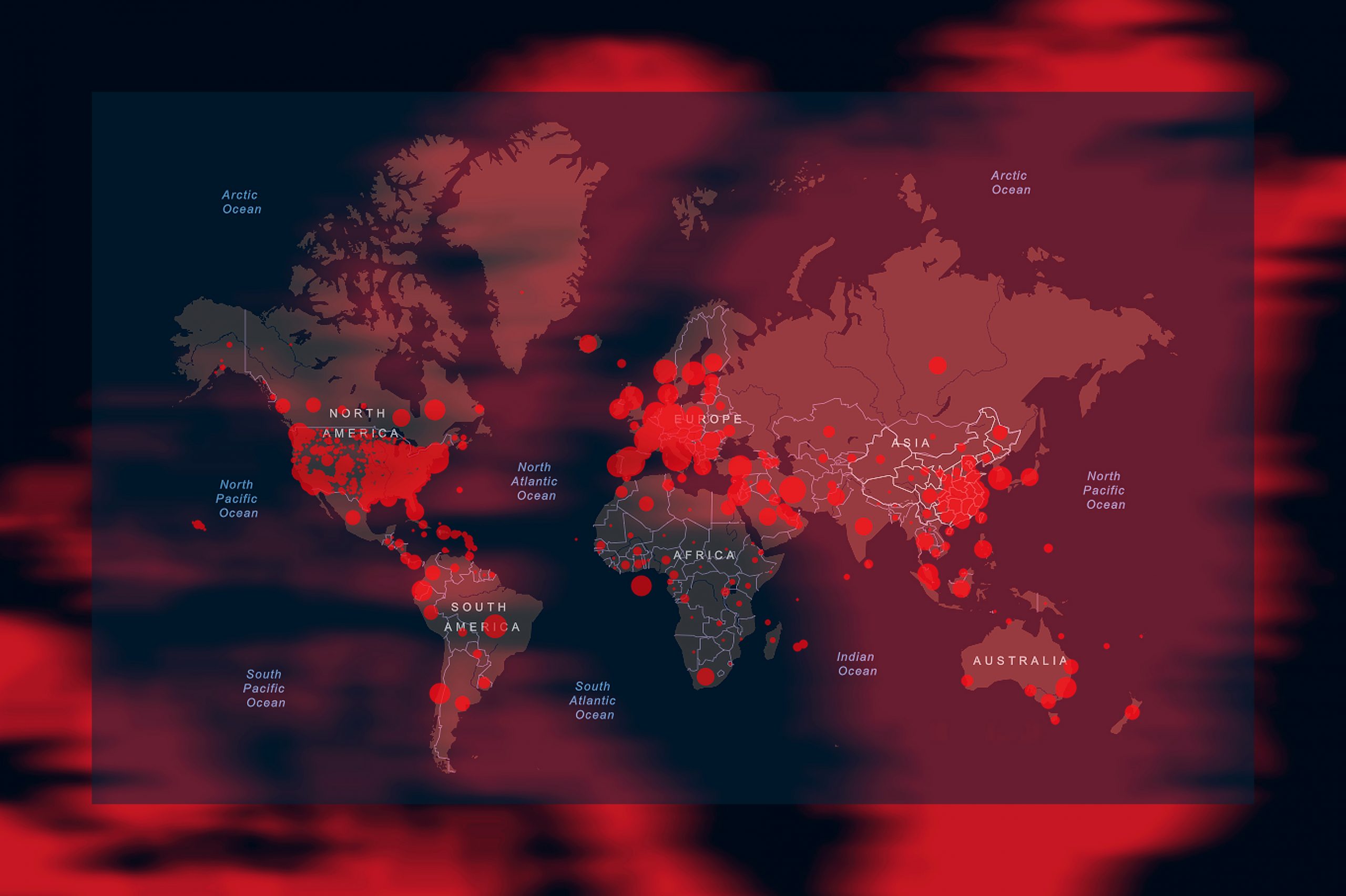Health Systems Resilience in Managing COVID-19.

Health Systems Resilience in Managing COVID-19
A new paper examines the COVID-19 responses of 28 countries and provides lessons and recommendations on how nations can better prepare for future health threats.
The COVID-19 pandemic has challenged health systems and communities across the globe and continues to shed light on the inequities that exist among many populations. National strategies to curb the spread of the virus have varied widely, revealing the limitations of even high-performing health systems.
A new paper co-led by a School of Public Health researcher argues that there is an urgent need for health systems to invest in resiliency, in order to prepare for and respond effectively to future unforeseen crises. The paper was produced for the Independent Panel for Pandemic Preparedness and Response, which was established by the World Health Organization Director-General last year to create evidence-based recommendations to curb the pandemic and prepare for future health threats.
Published in the journal Nature Medicine, the paper presents a comprehensive analysis of the COVID-19 responses in 28 countries, and identifies important lessons and recommendations on how countries can strengthen their preparedness, response and approach to future health challenges. The authors, who include members of the Panel Secretariat, use a novel health systems resilience framework that places community engagement at its heart.
The health systems resilience framework includes analysis of governance and financing, the health workforce, medical products and technologies, public health functions, health service delivery and community engagement to prevent and mitigate the spread of COVID-19.
Resilience is defined broadly as institutions’ and health actors’ capacities to prepare for, recover from and absorb shocks, while maintaining core functions and serving the ongoing and acute care needs of their communities. The paper identifies that while resilience is a core concept in disaster risk reduction, its application to health systems is relatively new.
“There were efforts to standardize and advocate for developing health systems resilience before the pandemic. However, such efforts did not really have large institutional backing,” says study co-lead author Salma Abdalla (SPH’16), who is a research fellow at SPH and a member of the Panel Secretariat. “The pandemic has exposed the limitations of many health systems and highlighted the need to actively embrace and push for health system resilience in the face of global and national health threats.”
The authors describe resilient health systems as those that are able to activate comprehensive responses responses that consider and address health and well-being as intertwined with social and economic considerations; adapt capacity within and beyond the health system to meet community needs; preserve health system functions and resources, and reduces vulnerability to health and economic-related losses.
“It’s clear that resilient health systems are those that not only invest in pandemic-related planning and training of health workers, but also ensure their physical, mental, and economic protection in the workplace and beyond,” says co-lead author Victoria Haldane, of the University of Toronto.
Abdalla also emphasizes the role of community health workers in establishing resilience, through their engagement with community members.
“We have known for a while that community engagement is important to achieving good health outcomes, and the pandemic has been a clear case study of the importance of community engagement in tackling disease outbreaks,” says Abdalla. “Community health workers are key to resilient responses, and with adequate training and support are equipped to play substantial roles in outbreak response and community engagement.”
For community engagement to be successful, trust between communities and decision-makers is essential, she says, and cautions that it cannot be built suddenly and during times of need.
“This is where local leaders come in,” Abdalla says. “Local leaders can often act as a link between communities and national decision-makers as they are embedded within the communities, have established connections within the community, and have the trust of their community members.”
The authors also found that public health functions, including surveillance, testing and contact tracing, should be proactive, comprehensive, coordinated with the health system, and emphasize community engagement. Financial and social support should be provided for individuals and families to ensure they are able to adhere to public health measures, they wrote.
“COVID-19 provides a renewed prospect for solidarity, both within and between countries,” says Dr. Helena Legido Quigley, associate professor of Saw Swee Hock School of Public Health and a Panel Secretariat member. “It also serves as a reminder that health is more than healthcare and that a whole-of-government approach to health and well-being is needed to create healthy populations able to collectively prevent and respond to crises, leaving no one behind.”